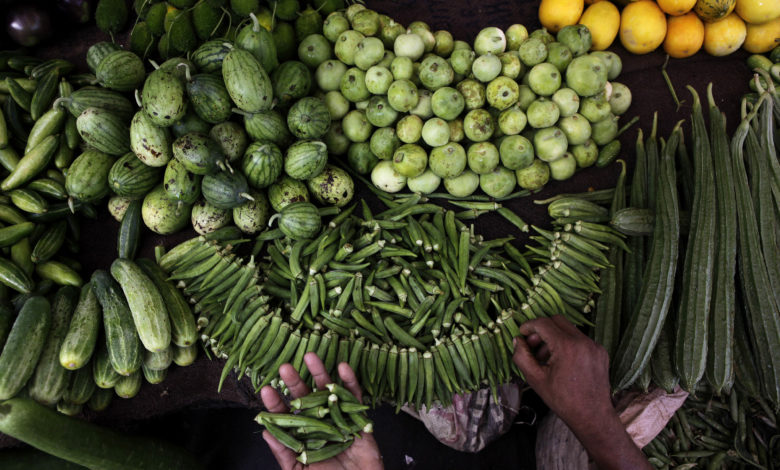Food prices to rise due to Russia’s war

WASHINGTON – During a Senate Appropriations Subcommittee on State, Foreign Operations, and Related Programs hearing yesterday, Missouri’s U.S. Senator Roy Blunt questioned World Food Program Executive Director David Beasley about the impact of Vladimir Putin’s brutal invasion of Ukraine on global food supply and food prices.
Russia and Ukraine produce about 25% of global wheat exports 75% of sunflower oil exports, and 15% of corn exports. This could prove disastrous in the future if not acted on now. Senator Blunt asked the World Food Program what would happen if Russia were to destroy the Ukrainian port city of Mariupol.
“I guess you could actually say goodbye to Ukraine if you don’t get those ports open because the economy collapses…then you talk about the impact that it will have on global food security, famines around the world, pricing that we’re already seeing spiking. And so, over the next 8 to 12 months, you’ll see continued pricing” Beasley said.
Ukraine’s agricultural exports feed about 400 million people world wide and with that food volume suddenly lost upon the world it leaves many nations starving or at the very least with record high food prices. Without the port cities Ukraine simply wouldn’t be able to fill orders fast enough, even if they were able to produce as much food as they historically have which is unlikely.
Beasley said that without the ports their only solution to export food would be by truck or train car. But that solution doesn’t look so bright because according to Beasley they would need “at least 10,000 trucks per day, and it’s not a one-day trip. It’s several days. So you could talk about four to five days worth of trucking operations, 50,000 trucks. What we have, in sitting down with the Ukrainian government, a best case scenario is you could truck and train out about a 1 million metric tons a month. Now the problem with that, and that’s not much compared to how much they produce. It’s a drop in the bucket. But the problem with that is pricing spikes with that because the cost of transportation will move it up to $120 more per ton, which prices it out of the market.”
You can watch the complete questioning here



